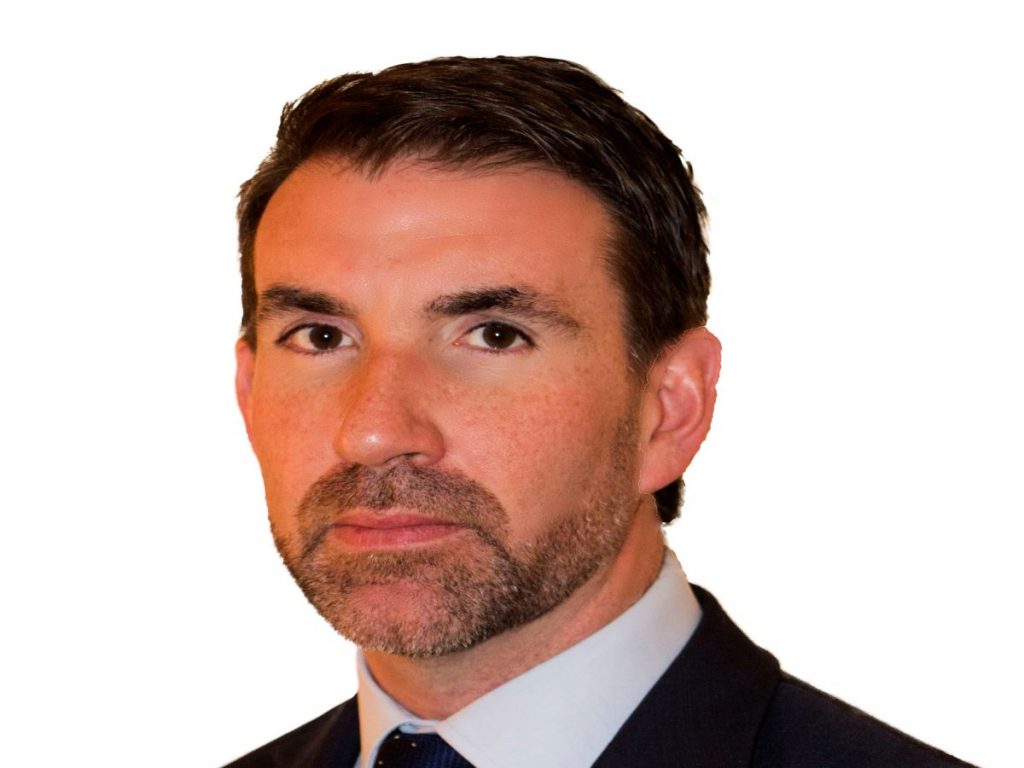Despite new threats from Coronavirus variants, assets under management for the hedge fund industry continue to break records. Their investment strategies are well-positioned to have an even greater influence in the year ahead. Below are our key themes for hedge funds in 2022.
New blueprint for operating model
The pandemic has brought significant changes to how hedge funds operate. As the world exits this period, operating models are being re-evaluated as hedge funds examine core processes, cost structures and hybrid working environments.
War on talent to intensify
Talent management remains a top priority with fund managers acknowledging an industry that demands a greater work-life balance, in addition to being more diverse and inclusive. The next hiring frontier will be to secure ESG expertise in-house.
ESG integration will continue apace
Responsible investing and ESG will continue to assimilate into all aspects of the alternative investment industry, from investment strategies to risk management and hiring and promotion policies. The lack of consistent, comparable corporate data, which is a headwind for the sector, will ease with new regulatory reporting frameworks. Standard setters are overhauling corporate reporting to help investment managers prioritise ESG.
Digital asset allocation
Curiosity in digital assets continues to grow with several large institutional investors stepping into the crypto space. With greater regulatory clarity and sound operational practices, we expect traditional hedge funds to increase their investment in this emerging asset class.
Hybrid hedge strategies
AIMA’s research has highlighted increasing demand for hedge funds to offer exposure to public and private markets. The strong performance of private equity and credit in 2021 has made more investors curious about its diversifying potential, leading to increasing allocations.
Managers that can sate the palette of these more sophisticated investors will be rewarded, although they must also contend with the operational challenges of bearing a greater number of strategies and tailored products.
Moving towards tailored solutions
This year will see continued movement away from manager-led products in favour of more tailored solutions and value advisory services.
New partnerships are also emerging with co-investment arrangements becoming popular in private and public markets while SPACs are increasingly taken up by hedge funds.
Volume of regulatory scrutiny to increase
Regulatory change is an evergreen issue for the alternative investment industry, but the growing volume of regulatory scrutiny coming down the pipe in 2022 means it is expected to be a headline issue for market participants for at least the next year.
Scheduled reviews of major regulatory frameworks in the EU – including AIFMD, MiFID II and short-selling regulations – are coming alongside new ESG-focused rules and ongoing regulatory divergence with the UK.
Across the Atlantic, the SEC has signalled its intent to reopen the rule book for hedge funds, invoking the need to improve market transparency. Regulators and policymakers across APAC are also far from complacent and compliance teams across the region are expected to have their hands full for the foreseeable future.
Hedge fund industry renaissance
Bouyed by strong performance by hedge funds over the last two years, investors are taking notice of the industry’s renaissance, investing in public and private markets as they seek diversification away from low-interest bond markets and high valued equities.
A major rethink on portfolio allocation could see alternative investments play a greater role in investor preference with hedge fund investing becoming more prominent.
To read about more of these trends and the latest thought leadership on alternative investments, please go to www.aima.org

Tom Kehoe is managing director, global head of research and communications at AIMA





Comments